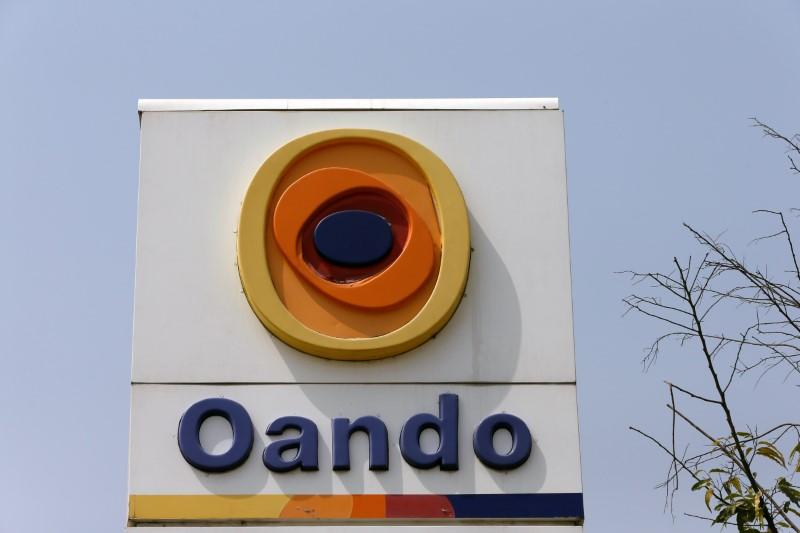 19 November 2013, Lagos – Chevron Nigeria Limited, CNL, has said that the recent voluntary disengagement embarked by some of its staff, is on account of a recent restructuring programme concluded by the oil major.
19 November 2013, Lagos – Chevron Nigeria Limited, CNL, has said that the recent voluntary disengagement embarked by some of its staff, is on account of a recent restructuring programme concluded by the oil major.
The exercise re-echoes a similar one engaged by the Shell Companies in Nigeria a couple of years ago as part of its portfolio management programme, leading to the exit of scores of workers.
The Chevron exercise has generated some controversies, with workers alleging forceful disengagement, allegedly leading to hundreds being laid off.
But in a text message response to Vanguard’s enquiry, CNL’s General Manager, Government, Policy, and Public Affairs, Mr. Deji Haastrup, denied that workers had been sacked.
He explained: “It is not true. Not one person has been sacked. As part of a continuous process of business optimisation, CNL has reviewed its organisational structure and business processes.
“This has resulted in a leaner organisation with fewer positions. Employees for whom positions are not available in the new organisation have been offered voluntary separation packages.”
Haastrup insisted that the figure is not as high as over 400 as being touted, as the exercise is an ongoing one, and as such the figures have not been collated.
He added that as part of the review of its service structure, “CNL continues to evaluate its business operation to enhance efficiency and reduce operating cost. This is being done by streamlining our shared services and improving service delivery and overall performance at all levels.”
He equally noted that every employees, who have been offered the voluntary severance are also offered the “opportunity to decide accept or reject the package since it is voluntary.”
To confirm this state of affairs, company sources said some categories of workers who wanted to take advantage of the huge severance package to move on, are being turned down due to the huge cost implication for the company.
Some workers who could no longer fit into the new structure, but refused to accept the voluntary severance have the responsibility to upgrade their skills to fit into the new structure.
“Of course, this means that they will no longer be doing what they used to do before,” the source said, adding that “the essence of the whole exercise is to reduce layers of reporting to save cost and time.”
Cash strap, lean ventures
It was learnt that the Chevron exercise might be a prelude to a series of other fall-outs on account of cash strap occasioned by huge slash in joint venture budgets.
Other venture partners are quietly tightening the noose by adopting a number of measures including the disengagement of some workers to be able to meet some of their obligations planned for the year.
A recent decision by the National Petroleum Investment Management Services, NAPIMS, the investment arm of the Nigerian National Petroleum Corporation, NNPC, to wield the big stick to control rising industry costs is forcing oil majors and venture partners to reassess their industry spends.
The development has forced all the venture partners to cut down not only on their projects planned for the year, but also on other expences including travels, partnerships and sponsorships.
Already, all the venture partners are struggling to complete some of their major projects for the year, seeing as the NAPIMS’ hammer fell in the last quarter of the year, leaving them groping.
“The shock of having our budget cut in October, the last quarter of the year is coming down very hard on our operations. A whole lot of things are happening now – crude oil theft, non-passage of the PIB and the uncertainties in the system are going to impact negatively on the industry,” some of the operators confided in Vanguard.
– Vanguard



